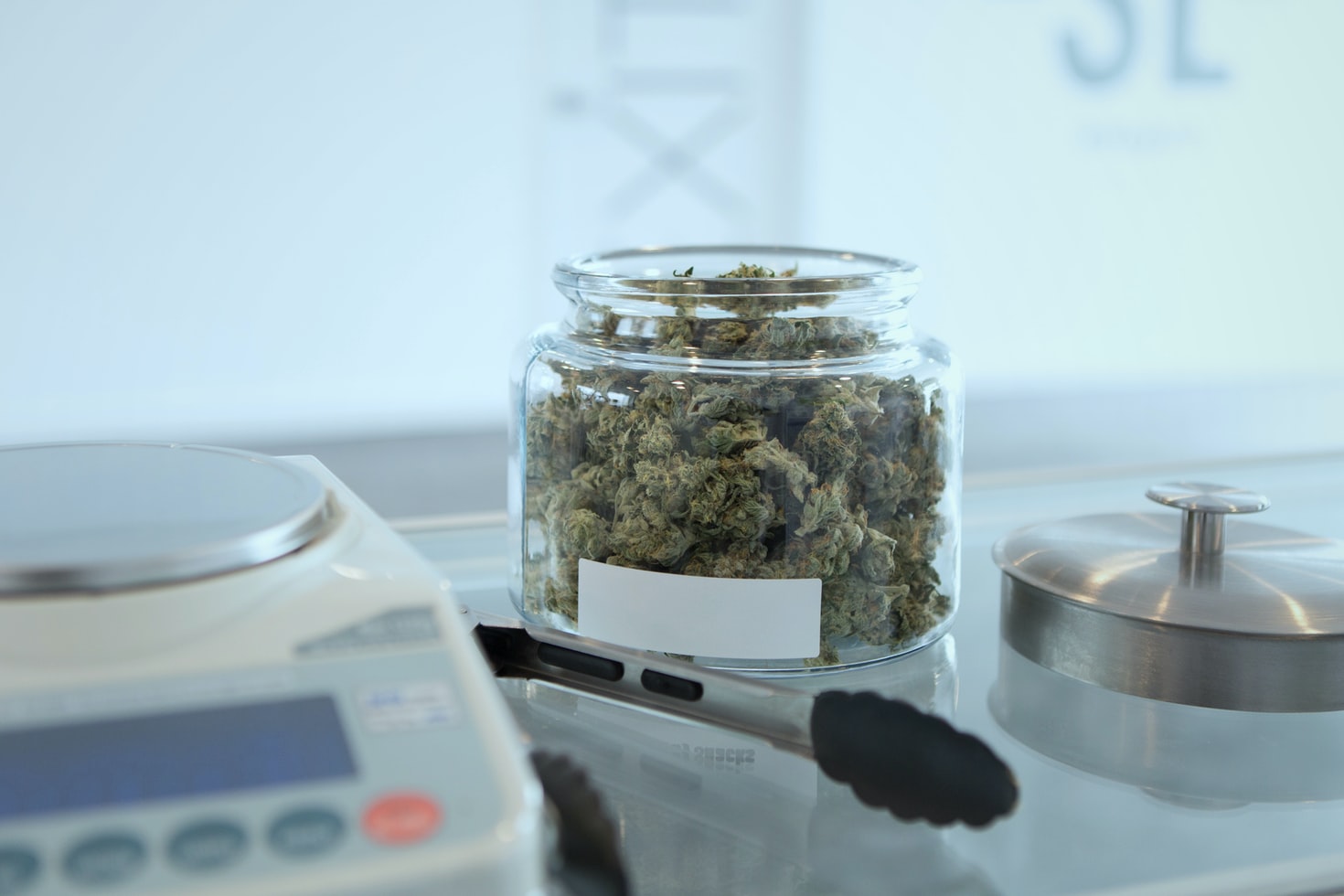Regulating Cannabis Social Clubs: a comparative analysis of legal and self-regulatory practices in Spain, Belgium and Uruguay
Authors:
Tom Decorte, Mafalda Pardal, Rosario Queirolo, Maria Fernanda Boidi, Constanza Sánchez-Avilés, and Òscar Parés-Franquero.
Journal:
International Journal of Drug Policy
Year:
2017
About the study
This paper aimed to describe and compare the legal frameworks and (self-) regulatory practices of Cannabis Social Clubs in Spain, Belgium and Uruguay. Aspects included in the comparative analysis are the domestic legal framework, the establishment procedures or practices, the characteristics of the formal organisation and management of the clubs, and their cannabis cultivation and distribution procedures.
The objective of this comparative analysis was to investigate how Cannabis Social Clubs operate in each of these countries, taking into account both the legal framework and the self-regulatory practices. To foster discussions about how one might regulate them from a public health perspective, this paper concluded with a discussion on the balance between adequate governmental control and self-regulatory competences of Cannabis Social Clubs.
Cannabis Social Clubs have a special interest in regulating, as it will ensure legal availability of cannabis to their members, their right to freedom of peaceful assembly and association, and the legal status of their organisation and activities.
Abstract
Background: Cannabis Social Clubs (CSCs) are a model of non-profit production and distribution of cannabis among a closed circuit of adult cannabis users. CSCs are now operating in several countries around the world, albeit under very different legal regimes and in different socio-political contexts.
Aim: In this paper we describe and compare the legal framework and the self-regulatory practices of Cannabis Social Clubs in three countries (Spain, Belgium, and Uruguay). The objective of our comparative analysis is to investigate how CSCs operate in each of these countries. To foster discussions about how one might regulate CSCs to promote public health objectives, we conclude this paper with a discussion on the balance between adequate governmental control and self-regulatory competences of CSCs.
Methods: The data used for this analysis stem from independently conducted local studies by the authors in their countries. Although the particular designs of the studies differ, the data in all three countries was collected through similar data collection methods: analysis of (legal and other documents), field visits to the clubs, interviews with staff members, media content analysis.
Findings: We identified a number of similarities and differences among the CSCs’ practices in the three countries. Formal registration as non-profit association seems to be a common standard among CSCs. We found nevertheless great variation in terms of the size of these organisations. Generally, only adult nationals and/or residents are able to join the CSCs, upon the payment of a membership fee. While production seems to be guided by consumption estimates of the members (Spain and Belgium) or by the legal framework (Uruguay), the thresholds applied by the clubs vary significantly across countries. Quality control practices remain an issue in the three settings studied here. The CSCs have developed different arrangements with regards to the distribution of cannabis to their members.
Conclusions: By uncovering the current practices of CSCs in three key settings, this paper contributes to the understanding of the model, which has to some extent been shaped by the self-regulatory efforts of those involved on the ground. We suggest that some of these self-regulatory practices could be accommodated in future regulation in this area, while other aspects of the functioning of the CSCs may require more formal regulation and monitoring. Decisions on this model should also take into account the local context where the clubs have emerged. Finally, the integration of medical supply within this model warrants further attention.
Photo by Add Weed on Unsplash.
Categories:
Studies & papers
, Drug policies
Tags:
cannabis
, scientific research
, study
, drug policy
, Cannabis Social Clubs (CSC)
, cannabis associations
, cannabis policy
, regulation

